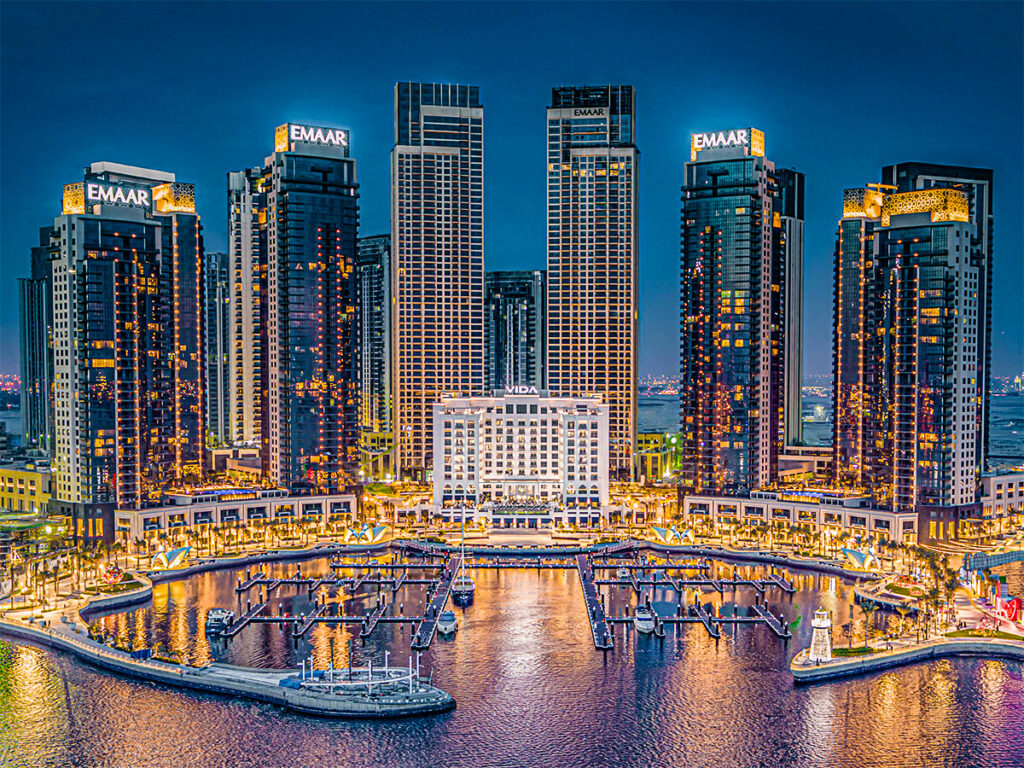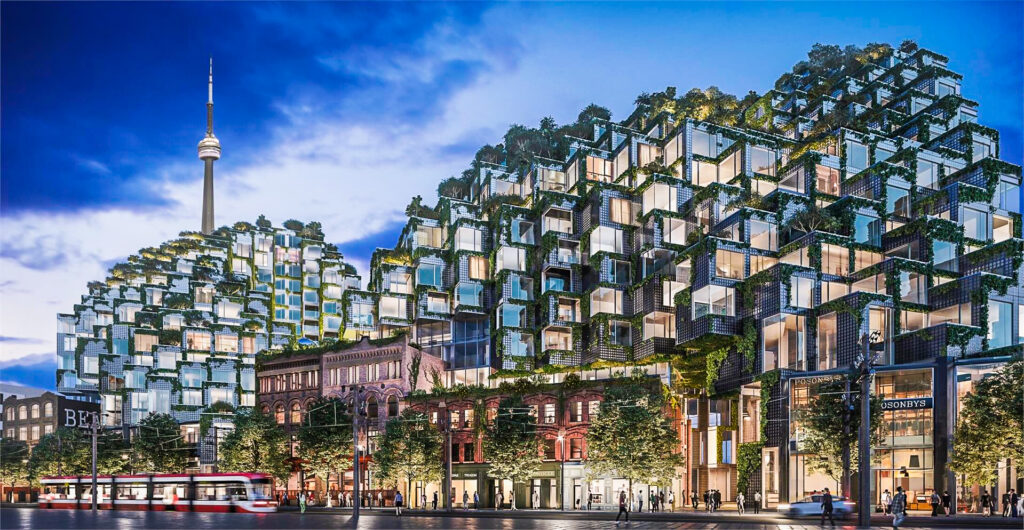Dubai's real estate market has always been a topic of interest for both residents and investors alike. With its stunning skyline, luxurious properties, and booming economy, it's no wonder that people from around the world are drawn to this vibrant city. But amidst all the glitz and glamour, there are some important regulations and guidelines that residents need to be aware of, particularly when it comes to the number of people allowed to live in villas and apartments.
According to the latest regulations set by the Dubai Municipality, the number of people allowed to reside in a villa or apartment is now based on a new guideline. The Municipality has specified that for a villa, the maximum number of individuals allowed to reside in a single unit is 10 individuals. This is regardless of the number of bedrooms in the villa. Previously, the rule was based on the number of bedrooms, with a maximum of two people allowed per bedroom.
For apartments, the regulations are a bit different. The new guidelines state that the maximum occupancy for apartments in Dubai is now set at two people per room. This means that a two-bedroom apartment can house a maximum of four individuals, a three-bedroom apartment can accommodate six people, and so on. It's important to note that these guidelines are put in place not only to regulate occupancy but also to ensure the safety and well-being of residents, as overcrowding can lead to various issues such as health and safety concerns.
These regulations are aimed at maintaining a balance between population density and living standards in the city. Dubai has seen a surge in population growth over the years, with expatriates making up a significant portion of the population. With the influx of people, it becomes crucial to have regulations in place to prevent overcrowding and ensure that living conditions are suitable for all residents.
In addition to the guidelines on occupancy, the Dubai Municipality has also set rules regarding the registration of tenants. According to the new regulations, all tenants living in residential properties in Dubai must be registered with Ejari, the online registration system for tenancy contracts. This rule applies to both individuals and families residing in villas and apartments.
The registration of tenants with Ejari is not only a legal requirement but also serves as a way to protect the rights of both tenants and landlords. It provides a transparent record of the tenancy agreement and ensures that both parties adhere to the terms and conditions set out in the contract. By registering with Ejari, tenants can also access important services such as utility connections and access to amenities in the building or community.
Overall, these regulations set by the Dubai Municipality play a crucial role in ensuring that the real estate market in the city remains sustainable and conducive to a high quality of living. By setting guidelines on occupancy and tenancy registration, the authorities are able to maintain order and prevent issues such as overcrowding and disputes between tenants and landlords. As Dubai continues to grow and attract residents from around the world, these regulations will be key in ensuring that the city remains a desirable place to live and work.






